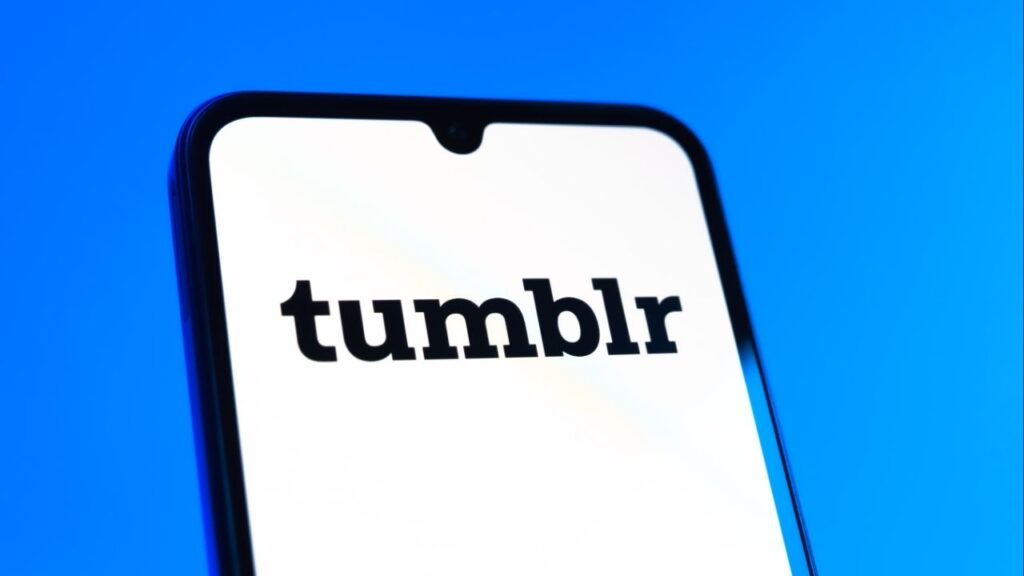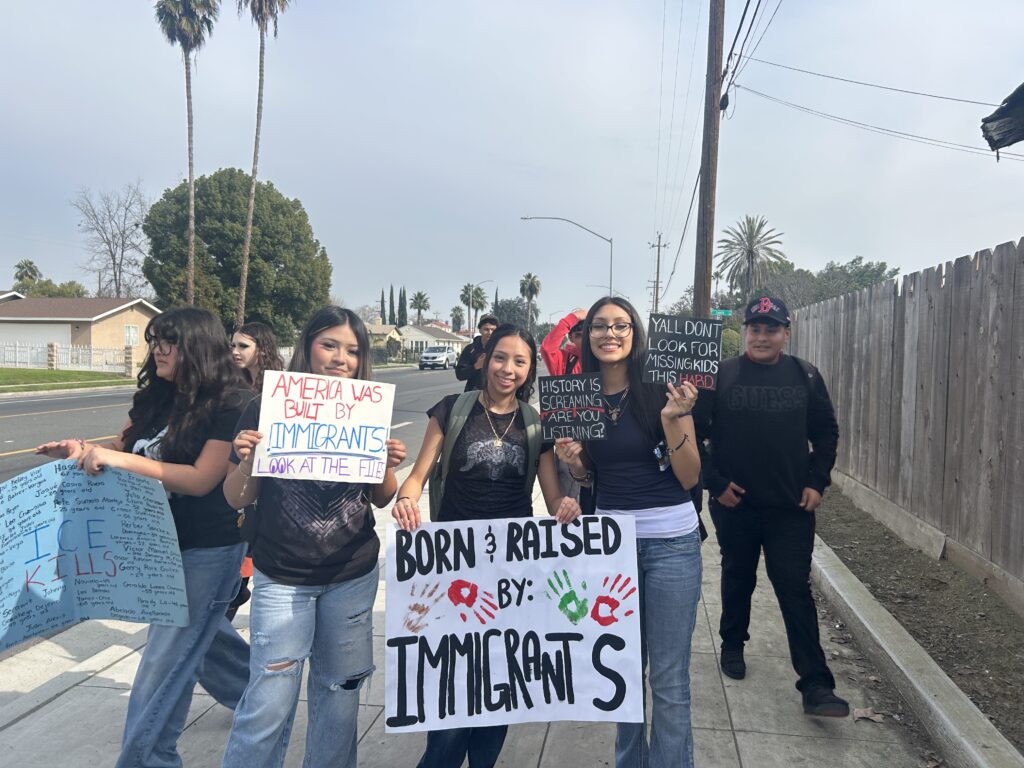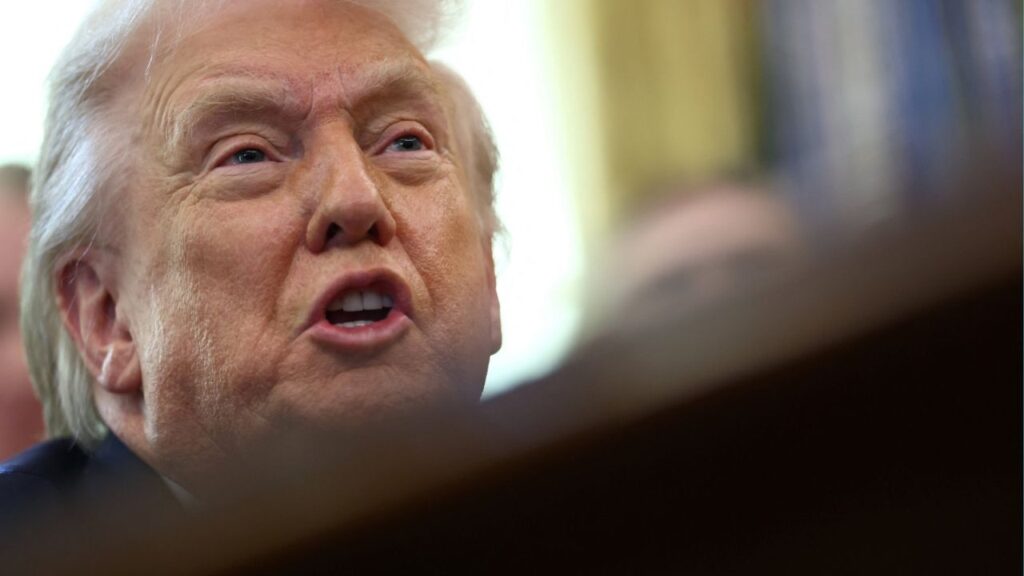Share
The Central California Better Business Bureau says people receiving text messages offering upwards of $1,000 to participate in a COVID-19 clinical study are coming from scam artists.
“No matter how curious you are – or how much you could use an extra $1,200 – don’t click. It’s a scam!,” writes the BBB in a press release.
Scam Method
The BBB says people report receiving an unsolicited message via text, email, or a social media message.
It explains that you may qualify for a COVID-19 study, which pays upwards of $1,000. One version received by BBB staff read: “Local Covid19 Study: Compensation up to $1,220! Qualify Here: [link removed] stop2stop.”
The phony message includes a link to see whether or not you qualify for the study. If you click it, you could unknowingly download malware onto your computer or phone. This virus can give scammers access to your usernames, passwords, and other personal information stored on your computer.
In other cases, the link may take you to a website that looks like a real clinical trial. You will be asked for personal information, such as government ID or bank account numbers. Real medical researchers would never ask for this information during the screening process, the BBB said.
How to Avoid Clinical Trial Scams
The BBB says there are simple ways to check the legitimacy of these types of offers.
- Look up the domain. Use icann.orgto look up the URL. Look for warning signs such as a very recent registration date or registration in a foreign country.
- Think the trial is real? Find it on the official website. If you receive a message about a study and want to confirm whether it’s true, go directly to (or do a web search for) the organization’s website for further information. The National Institutes of Health (NIH) and the National Library of Medicine (NLM) also maintain gov, a free searchable database of clinical studies on a wide range of diseases. If there is no government agency, university, or hospital mentioned, it’s likely a scam.
- Never pay to be part of a clinical trial. Real clinical trials will never ask you to pay them.
- Legitimate clinical trials do gather information about candidates – but not financial information. To screen for participants, a real study might ask for your name, contact information, age, gender, race, ethnicity, or various pre-existing medical conditions. But they should never ask you for information like your bank account details.
RELATED TOPICS:
Categories

Teen Arrested at Visalia Mall After Firearm Report

Tumblr Goes Down for Thousands, Downdetector Reports
















